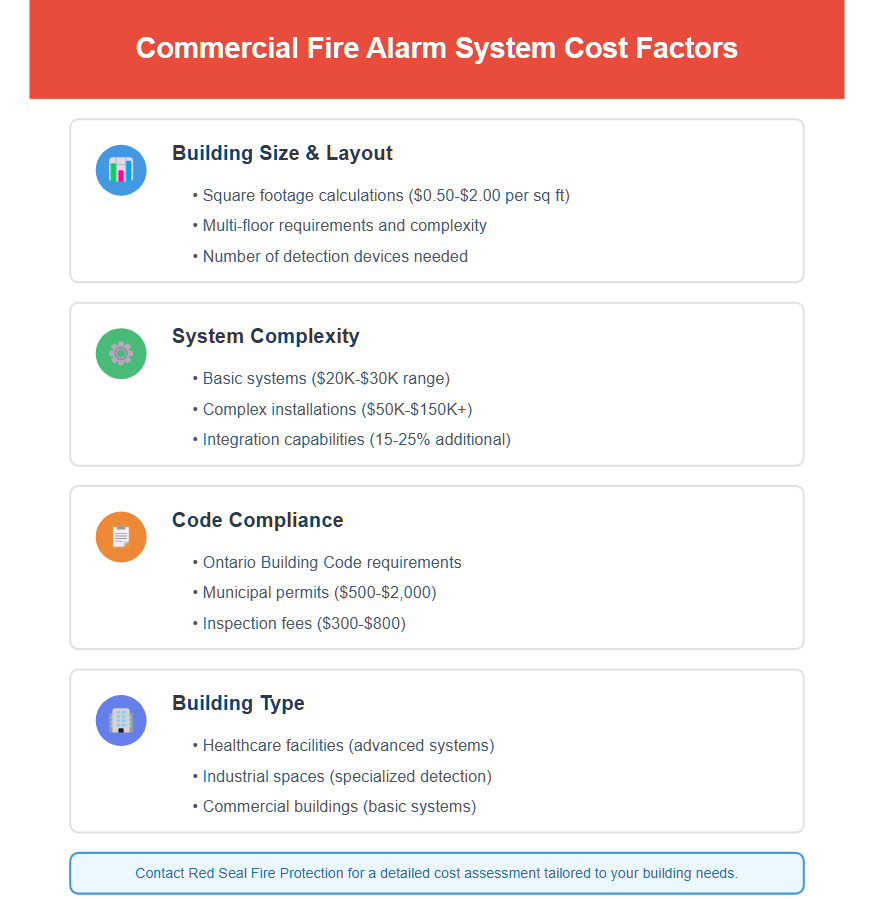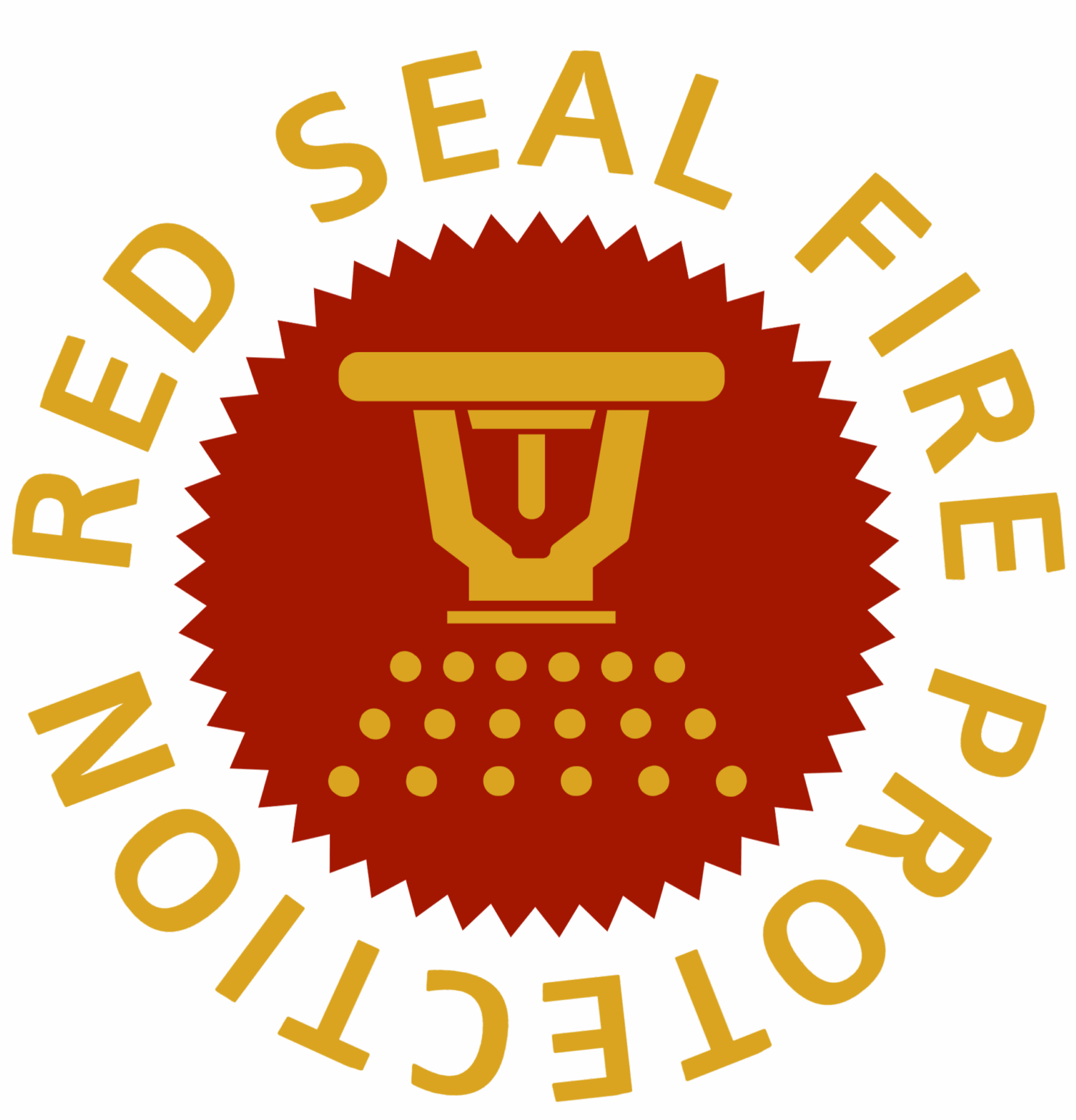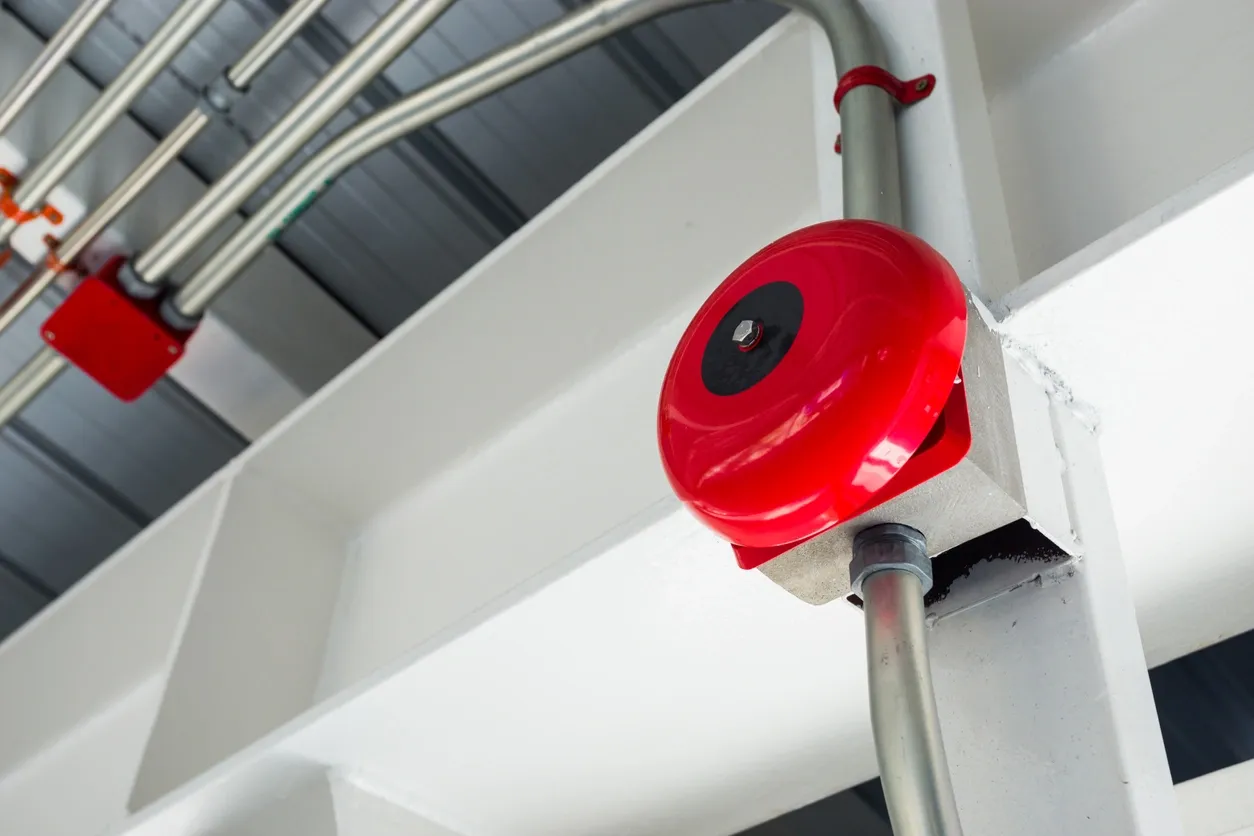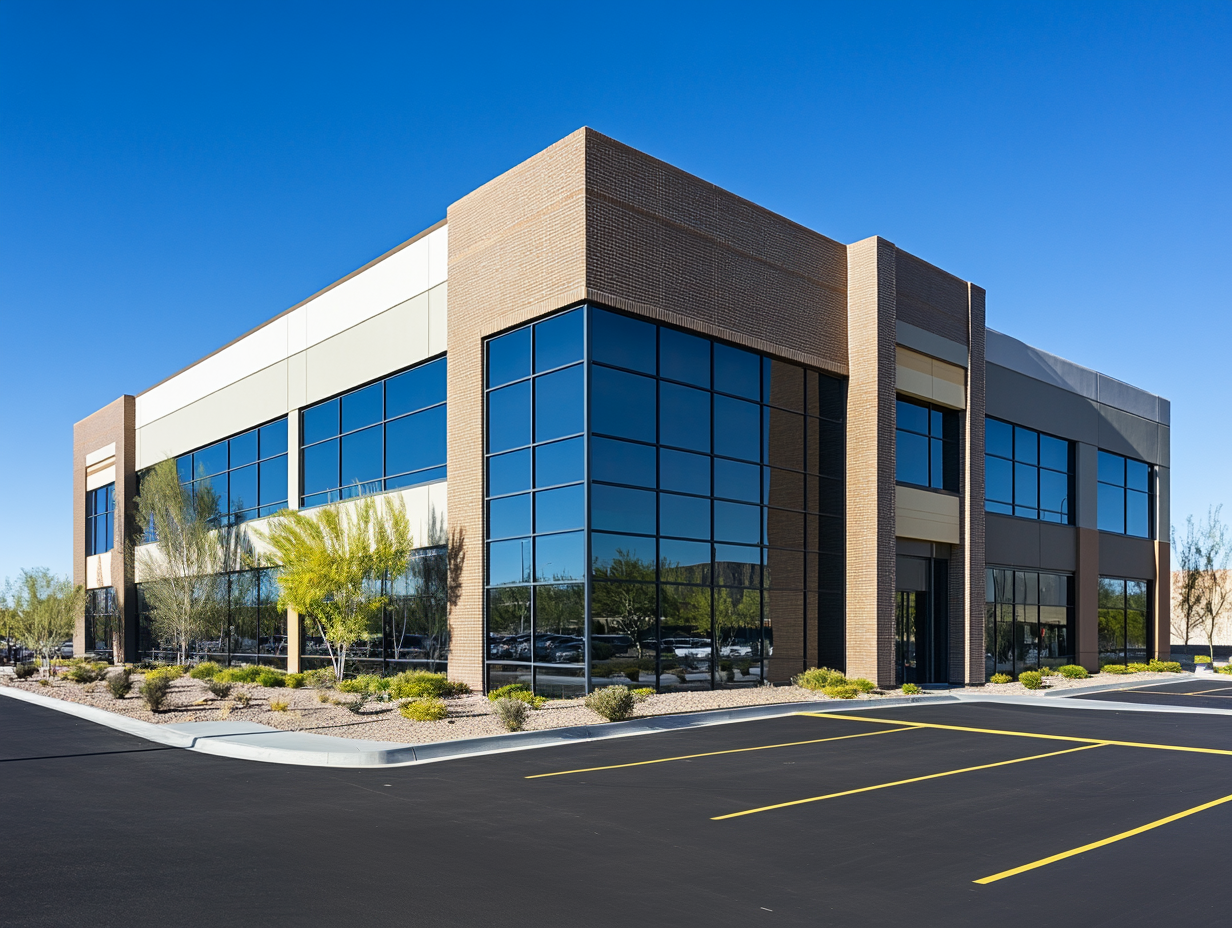Installing a commercial fire alarm system represents a crucial investment in building safety and code compliance. As a leading provider of fire protection services across Ontario, Red Seal Fire Protection brings expert insight into the real costs involved in commercial fire alarm system installation. Market research indicates that properly installed commercial fire alarm systems can reduce insurance premiums by up to 20% while providing invaluable life safety protection.
Factors Affecting Commercial Fire Alarm System Installation Costs

Several key elements impact the final price of your commercial fire alarm system installation. Understanding these factors early in the planning process helps businesses budget effectively and avoid unexpected costs.
Building Size and Layout
Square footage plays a primary role in determining system costs. Larger buildings need more detection devices, notification appliances, and wiring. Multi-floor structures require additional equipment compared to single-story buildings, increasing both material and labour costs. Recent architectural trends toward open-concept commercial spaces have introduced new challenges in fire alarm system design and coverage requirements.
System Complexity and Components
Each commercial building has unique requirements based on its design and purpose. A basic system might cost between $20,000 to $30,000 for a small commercial space, while complex installations in large facilities can range from $50,000 to $150,000 or more. Advanced integration capabilities with building automation systems can add 15-25% to base system costs but offer enhanced safety features and monitoring options.
Code Compliance Requirements
Ontario building codes mandate specific fire protection measures based on building classification. Meeting these requirements affects system design and component selection, directly impacting installation costs. Recent updates to the Ontario Fire Code have introduced stricter requirements for high-rise buildings and assembly occupancies, making compliance more comprehensive.
Building Type and Occupancy
Different occupancy types demand varying levels of protection. For example, healthcare facilities require more sophisticated systems than storage warehouses, affecting the overall investment. Recent insurance data shows that properly matched systems to occupancy types can reduce false alarms by up to 40%.
Average Commercial Fire Alarm System Installation Prices
Basic Components Cost Breakdown
- Fire alarm control panels: $2,000-$8,000
- Smoke detectors: $80-$200 per unit
- Heat detectors: $70-$150 per unit
- Manual pull stations: $60-$150 per unit
- Horn/strobe devices: $90-$200 per unit Industry analysis shows that component prices have stabilized in 2024, with technological improvements offsetting supply chain pressures.
Labor and Installation Expenses
Professional installation typically accounts for 40-60% of total project costs. Factors influencing labour expenses include:
- System complexity
- Building Accessibility
- Wiring requirements
- Installation timeline
- The number of technicians required Current market conditions in Ontario indicate a growing demand for qualified installers, with labour rates reflecting specialized certification requirements.
Permits and Inspection Fees
Municipal permits in Ontario range from $500 to $2,000, depending on location and project scope. Required inspections may add $300-$800 to total costs. Recent provincial standardization efforts have streamlined the permitting process across municipalities, though regional variations persist.
Required Commercial Fire Alarm System Components
Control Panels
Modern fire alarm control panels serve as the system’s brain, monitoring all connected devices. Digital panels offer advanced features like remote monitoring and detailed event logging. The latest generation of panels includes AI-powered diagnostics that can predict potential system issues before they occur.
Detection Devices
Essential detection components include:
- Photoelectric smoke detectors
- Ionization smoke detectors
- Heat detectors
- Duct smoke detectors
Notification Appliances
These devices alert building occupants:
- Horn/strobe combinations
- Bell signals
- Voice evacuation systems
- Visual notification devices Advanced synchronization protocols ensure that all notification appliances operate in perfect harmony, improving occupant response times.
Power Supplies
Reliable power systems include:
- Primary AC power connection
- Battery backup systems
- Emergency power interfaces New lithium-based backup systems offer extended operational time during power outages while requiring less maintenance.
Monitoring Services
24/7 monitoring services connect your system to emergency responders, typically costing $50-$100 monthly. Modern monitoring centers now employ redundant locations and automated dispatch systems, ensuring uninterrupted emergency response capabilities.
Ontario Building Code Requirements for Fire Alarm Systems
System Classifications
The Ontario Building Code defines multiple system classifications based on building size, occupancy, and risk level. Each classification carries specific requirements affecting installation costs. The 2024 code updates have introduced new provisions for smart building integration and remote monitoring capabilities.
Mandatory Components by Building Type
Different facilities require varying levels of protection:
- Office buildings: Basic addressable systems
- Healthcare facilities: Advanced systems with smoke control
- Industrial spaces: Specialized detection systems
- Educational institutions: Voice evacuation capabilities. Recent amendments have added specific requirements for mixed-use buildings, particularly in urban development zones.
Long-Term Cost Considerations
Maintenance Requirements
Regular maintenance preserves system functionality and compliance:
- Monthly visual inspections
- Quarterly testing of specific components
- Annual comprehensive testing
- Battery replacement every 3-5 years Statistics show that properly maintained systems last 20% longer than those with minimal maintenance schedules.
It is also very important to plan for periodic upgrades and stay informed about industry trends.
Testing and Inspection Schedules
Professional inspection costs range from $300-$1,000 annually, depending on system size and complexity. Industry data reveals that regular inspections reduce system failures by up to 75% during actual emergencies.
System Upgrades and Updates
Plan for periodic upgrades:
- Software updates
- Component replacement
- System expansion
- Technology improvements Research indicates that systems typically require significant updates every 7-10 years to maintain optimal performance and code compliance.
Frequently Asked Questions
Q: What determines the total cost of a commercial fire alarm system?
A: The final cost depends on building size, system complexity, code requirements, and labour expenses. Most commercial installations range from $20,000 to $150,000+. Recent market analysis shows that early planning and professional consultation can reduce total installation costs by up to 15%.
Q: How long does installation typically take?
A: Installation timeframes vary from 1-2 weeks for small systems to several months for large, complex installations. Pre-installation planning and coordination with other building systems can significantly reduce installation time and associated costs.
Q: Are there ongoing costs after installation?
A: Yes, budget for regular maintenance, monitoring services, and periodic testing to maintain system compliance and effectiveness. Industry statistics indicate that annual maintenance typically costs 2-3% of the initial installation price.
Q: What certifications should installation companies have?
A: Look for companies with CFAA certification, proper licensing, and extensive experience in commercial fire protection systems. Ontario regulations now require technicians to complete additional training hours for certification renewal.
Q: Do I need a permit to install a commercial fire alarm system?
A: Yes, Ontario regulations require permits for new installations and major system modifications. Recent streamlining of the permit process has reduced approval times in most municipalities.
Protecting Your Investment with Red Seal Fire Protection
Investing in a commercial fire alarm system goes beyond initial installation costs. Red Seal Fire Protection brings over two decades of experience in designing and installing fire protection systems across Ontario. Our certified technicians understand local codes and requirements, ensuring your system provides reliable protection while meeting all compliance standards. Contact Red Seal Fire Protection today for a detailed cost assessment of your commercial fire alarm system needs. Our experts will evaluate your facility and provide a comprehensive quote tailored to your building’s specific requirements. Serving Windsor-Essex County and Chatham-Kent, we’re ready to help protect your business with professional fire alarm system installation.






